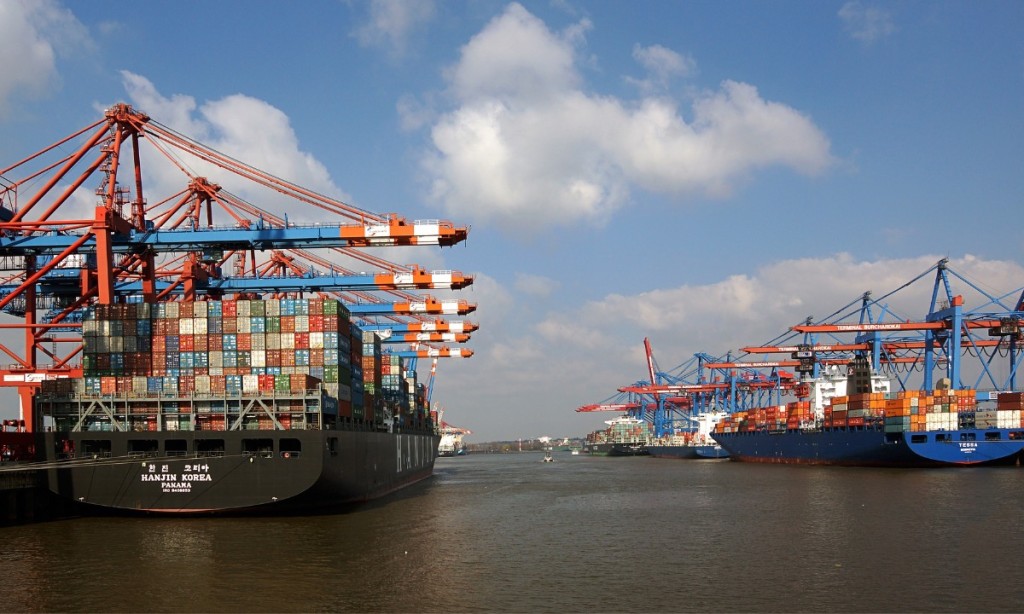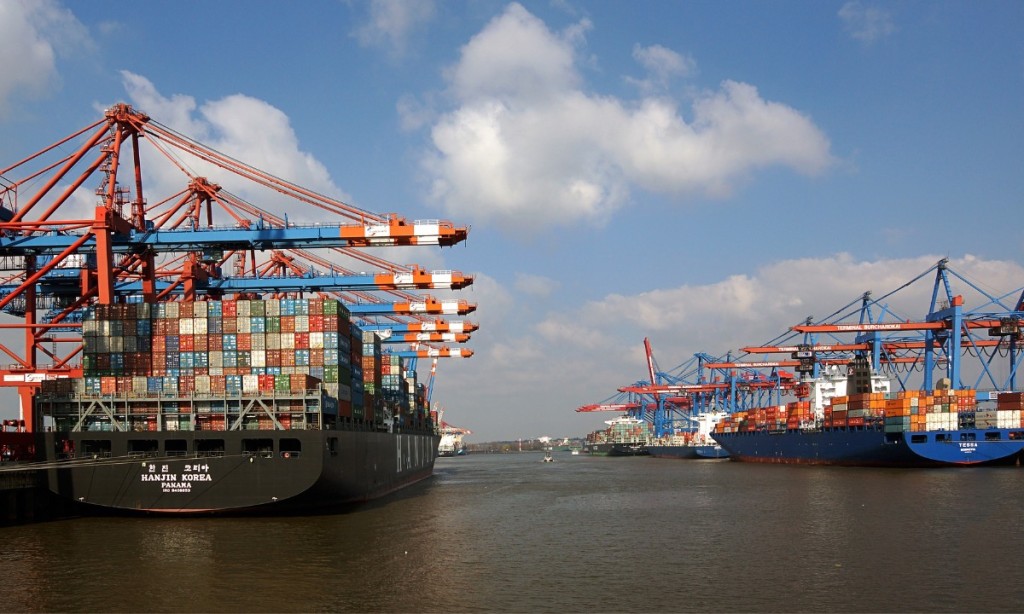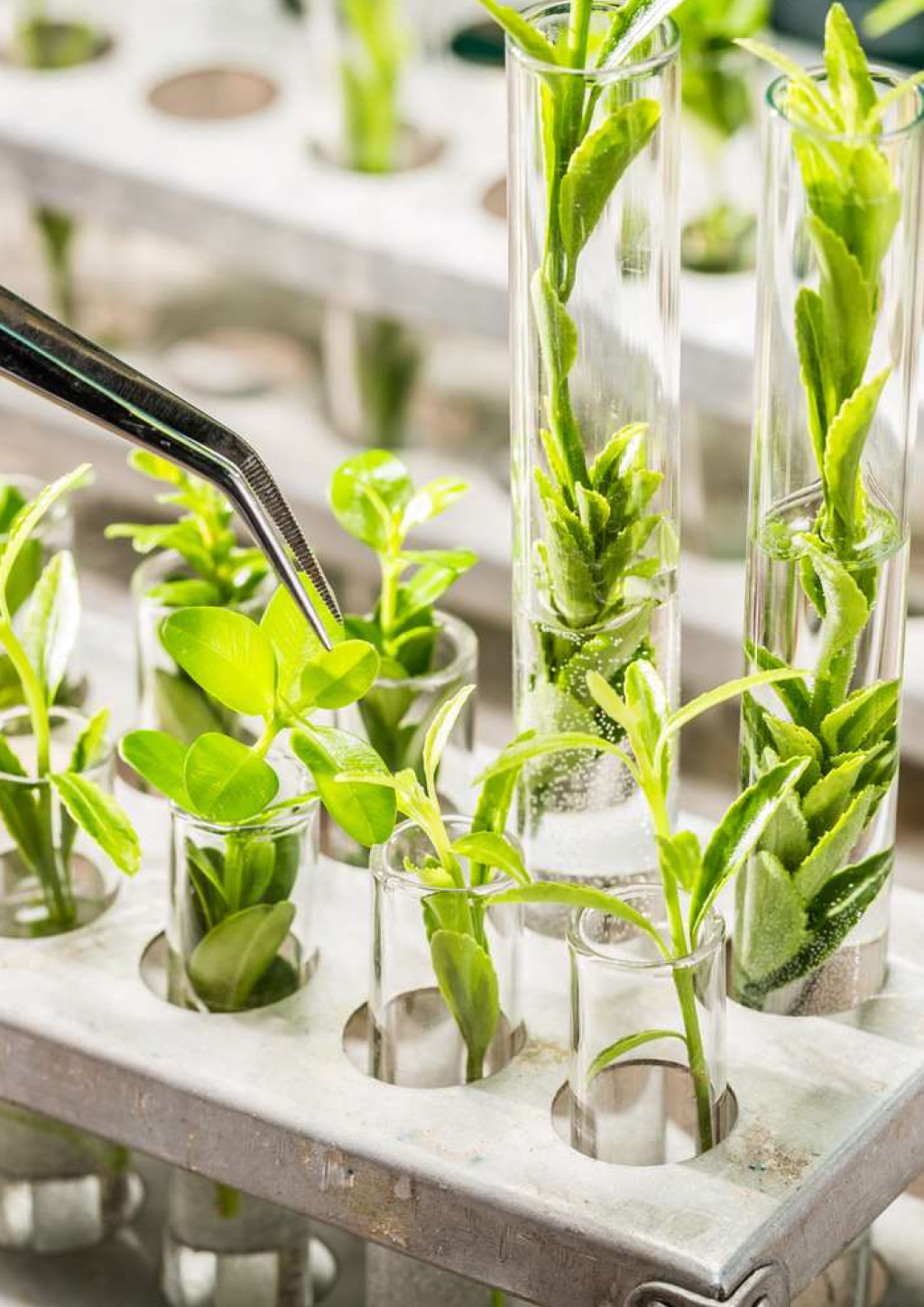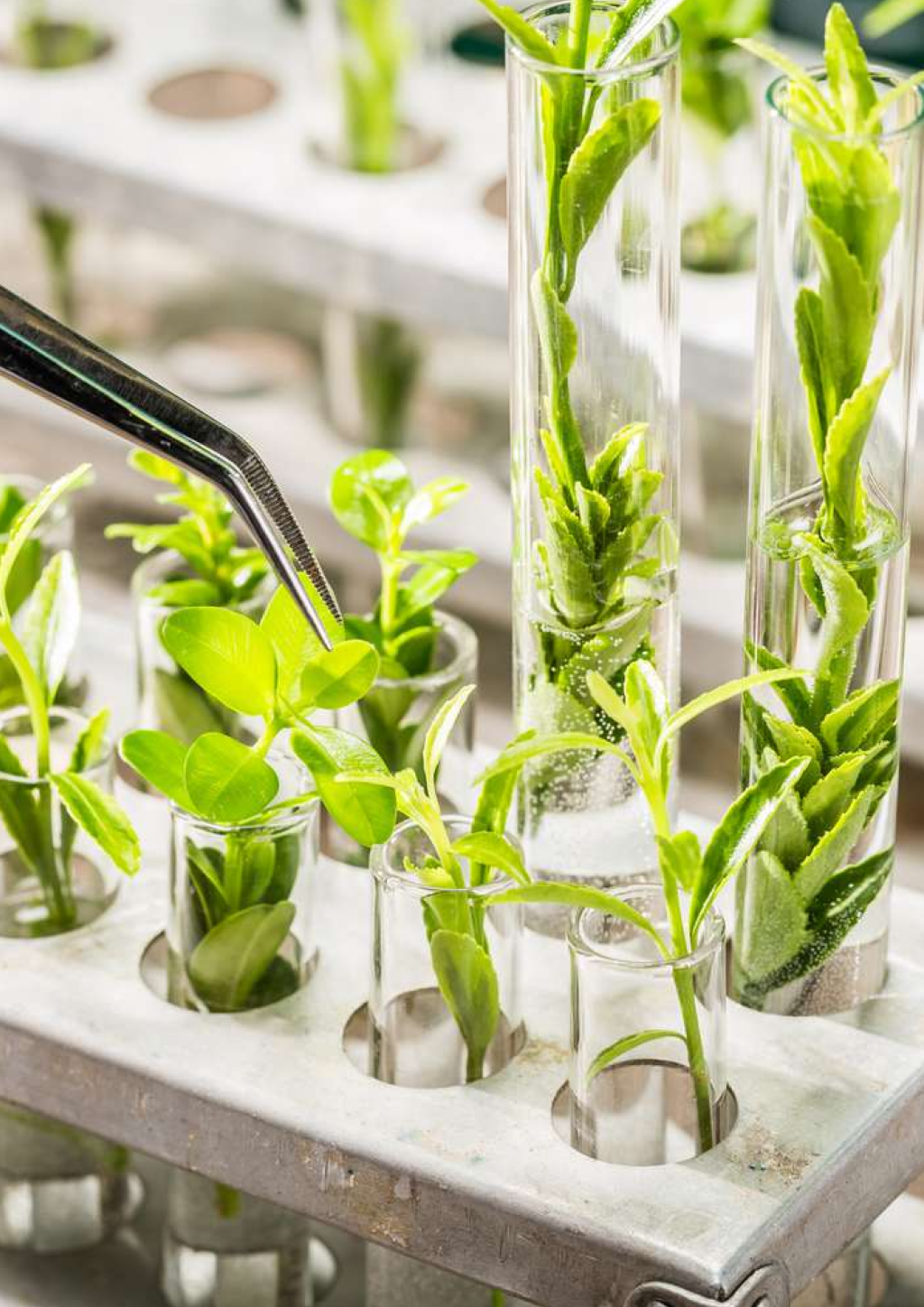Understanding Barn Investimentos and its Greentech Thesis in Venture Capital
Meet Barn Investimentos
Barn Investimentos is the leading venture capital manager in the Greentech thesis in Latin America, investing across the 4 verticals of greentech: Agriculture & Land Use, Logistics & Mobility, Circular Economy & Waste Management, Clean & Efficient Energy. In total, the fund has 16 companies in its investment portfolio, having already generated 3 successful exits in addition to an M&A deal. Founded in 2012, it is one of the few Brazilian venture capital funds to have completed a full investment cycle and distributed positive financial returns to its investors.
Barn has a proven track record in financing innovations in Latin America to help the world transition to a greener and more efficient economy. It was recognized by the 2019 EMPEA Awards winning the Operational Excellence and Sustainability Award and by Environmental Finance as the Best Environmental Fund of 2022 in Latin America. Due to the climate emergency and future opportunities, the fund is now raising $150 million for its third fund. Its differentiator lies in its track record and experience in identifying, supporting, and scaling green innovations in Latin America that support the necessary climate transition and adaptation to provide stability in the global economy and natural resource supply chains.
Its founder, Flavio Zaclis, has over 20 years of experience in private equity and venture capital in Latin America. He holds a degree in Business Administration from the Goizueta Business School at Emory University and has been a partner at Barn with Thiago Mendes, also an investment specialist, for 10 years.
What is Greentech and its Relation to the Green Economy
Defining Greentech
Greentech is a broad term that encompasses all technologies aimed at reducing environmental impact and promoting sustainability by increasing the efficiency of natural resource use and reducing waste and emissions, often leading to cost reductions and economic advantages. The sectors covered by the greentech concept range from renewable energy sources (such as solar and wind), sustainable agriculture practices, waste management solutions, to more efficient logistics and mobility, among others. The main goal of these green technologies is to facilitate the transition to a greener economy, mitigating the negative effects of human activities on the environment and promoting a rapid and innovative path to achieve it.
Barn is convinced that focusing on investments through a greentech thesis is the best strategy to create value, reduce risks, promote efficiency, and increase returns for investors, while aiming for positive social and environmental impacts. Efficiency is a key principle in Greentech, as making better use of natural resources not only benefits the environment but also leads to cost savings and economic advantages. Therefore, the efficient use of natural resources is a central goal of the Greentech thesis, aligning with the broader goal of promoting environmental sustainability.
Importance of Greentech for the Green Economy
By 2050, the global population is expected to grow by 25%, reaching approximately 10 billion people, leading to a sharp increase in demand for food (70% more), energy (60% more), and water (55% more), as well as a significant increase in greenhouse gas emissions.
There is an urgent need to find more efficient and productive ways to meet the growing demand of the planet's population while reducing the environmental impacts of production. Meeting the maximum temperature increase of 1.5 degrees Celsius, achieving net-zero emissions by 2050, in line with Science-Based Targets, will require reevaluating food, agriculture, land use, retail, consumption, transportation, how we build, our industrial processes, and what materials we use.
In this context, the concept and strategies of the Green Economy emerge. It is an economic model that aims at social well-being while reducing environmental risks and resource scarcity. The three main characteristics of the green economy are: low carbon emissions, resource efficiency, and pursuit of social inclusion. Therefore, investing in Greentechs is part of the solution for transitioning to a greener economy.
In Brazil and Latin America, this debate is even more critical, as the region holds the largest amount of natural resources on the planet, playing a key and leading role both in food security and in the decarbonization of the world. There is no doubt we are facing a huge challenge, but the good news is that throughout history, technological advances have allowed humanity to overcome these gaps. Greater increases in agricultural production were recorded in comparable or even shorter timeframes... For example, between 1961 and 2011, global agricultural production more than tripled. We are confident that advances in greentech investments will allow for the expansion of production while reducing emissions, ensuring well-being for all.
Barn's Greentech investment thesis
Barn is characterized by its study, deepening, discipline, and critical analysis for investments. Therefore, in a highly heated market, the fund felt the need to deepen and become increasingly knowledgeable about the industry in which it operates, takes risks and invests. Making the strategic decision to focus on a thematic thesis, one that will have a lot of prominence and relevance in the coming decades, the Greentechs thesis, which embeds solutions in the verticals of Logistics & Mobility, Clean & Efficient Energy, Food Security, Agtech & Land Use, and Circular Economy & Waste Management.
Being thematic allowed Barn to acquire increasingly more depth in the verticals in which it invests in, giving certain strengths that contribute to building a good portfolio:
- Gain real knowledge about the trends in each of the theme sectors and forecast the main opportunities;
- Ability to assess risks, (i) price the company, (ii) negotiate appropriate terms, and (iii) build a balanced portfolio;
- Attracting the best companies from greentech verticals and the right partners for future exit strategies.
The fruits of these strategic decisions are already being harvested. Currently, the fund has 12 active companies in the portfolio, all in the Greentech thesis, with a higher concentration of 65% in agtechs, in the agro and land use vertical. The portfolio already includes most companies capable not only of remaining stable but thriving despite the challenging venture capital scenario in Brazil and Latin America. Of the current portfolio companies, seven received subsequent investment rounds, some of them with significantly higher valuations; one was sold; only one went through a devaluation round; and one has not yet raised new resources.
Over the past 10 years, Barn has built a resilient portfolio in Greentech, investing in agriculture, food security, transportation, circular economy, and clean energy, consistently delivering financial returns along with positive social and environmental impacts. We invite you to talk to our investment team and better understand how you can join this Greentech movement.











